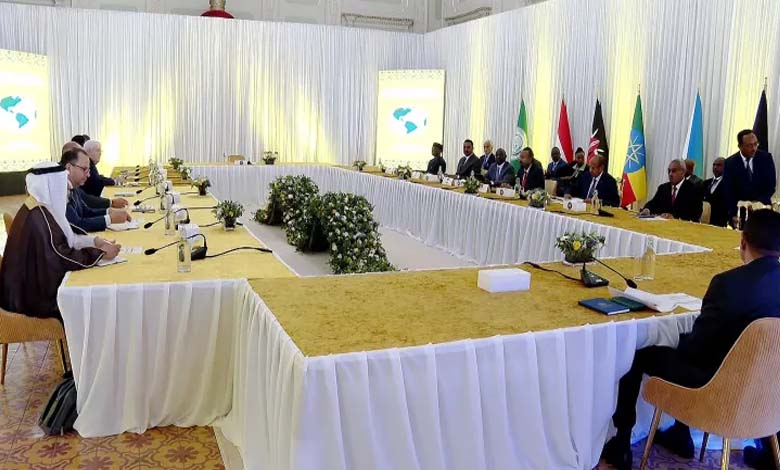Meeting between Representatives of the Sudanese Army and Rapid Support Forces in Addis Ababa

Multiple sources have revealed a meeting between the Director of Sudan‘s General Intelligence, Lieutenant General Ahmed Ibrahim Mufadol, and the legal advisor of the Rapid Support Forces, Mohamed El Mokhtar, in the Ethiopian capital, Addis Ababa, in recent days. During this meeting, they discussed the circumstances of the ongoing war in the country and ways to stop it.
The sources, which emphasized their anonymity, indicated that a serious discussion took place between the two men regarding the situation in the country, the impacts of the ongoing war, and the potentially dire consequences that the current conflicts could lead to, threatening the security and safety of the entire nation.
The sources hinted at divisions within the leadership of the Sudanese army regarding what is happening in the country, affirming that the army had become ‘involved’ in the war by the Islamic movement‘s influence on influential military leaders.
The sources mentioned that Lieutenant General Mufadol conveyed a genuine desire from leaders within the Sudanese army to establish communication channels with the Rapid Support Forces. The goal is to put an end to the ongoing war in the country since mid-April.
Sources also reported that Lieutenant General Mufadol visited the Ethiopian capital, Addis Ababa, last week in a secret visit, during which he later headed to the Egyptian capital, Cairo. This visit coincided with the presence of the Rapid Support Forces‘ legal advisor, Mohamed El Mokhtar, in Addis Ababa.
On the other hand, Mohamed El Mokhtar, the legal advisor of the Rapid Support Forces, declined to provide any information about his activities in the Ethiopian capital in recent days and whether he met with Lieutenant General Mufadol or not. He stated that ‘it is not yet time to reveal what took place during his visit.’
The sources mentioned a tight and intense competition within the corridors of the army, with the dominance and influence of leaders from the former Islamic regime in the decision-making processes within the army. Specifically, these leaders are opposed to ending the war and are determined to continue the fighting between the army and the Rapid Support Forces.












